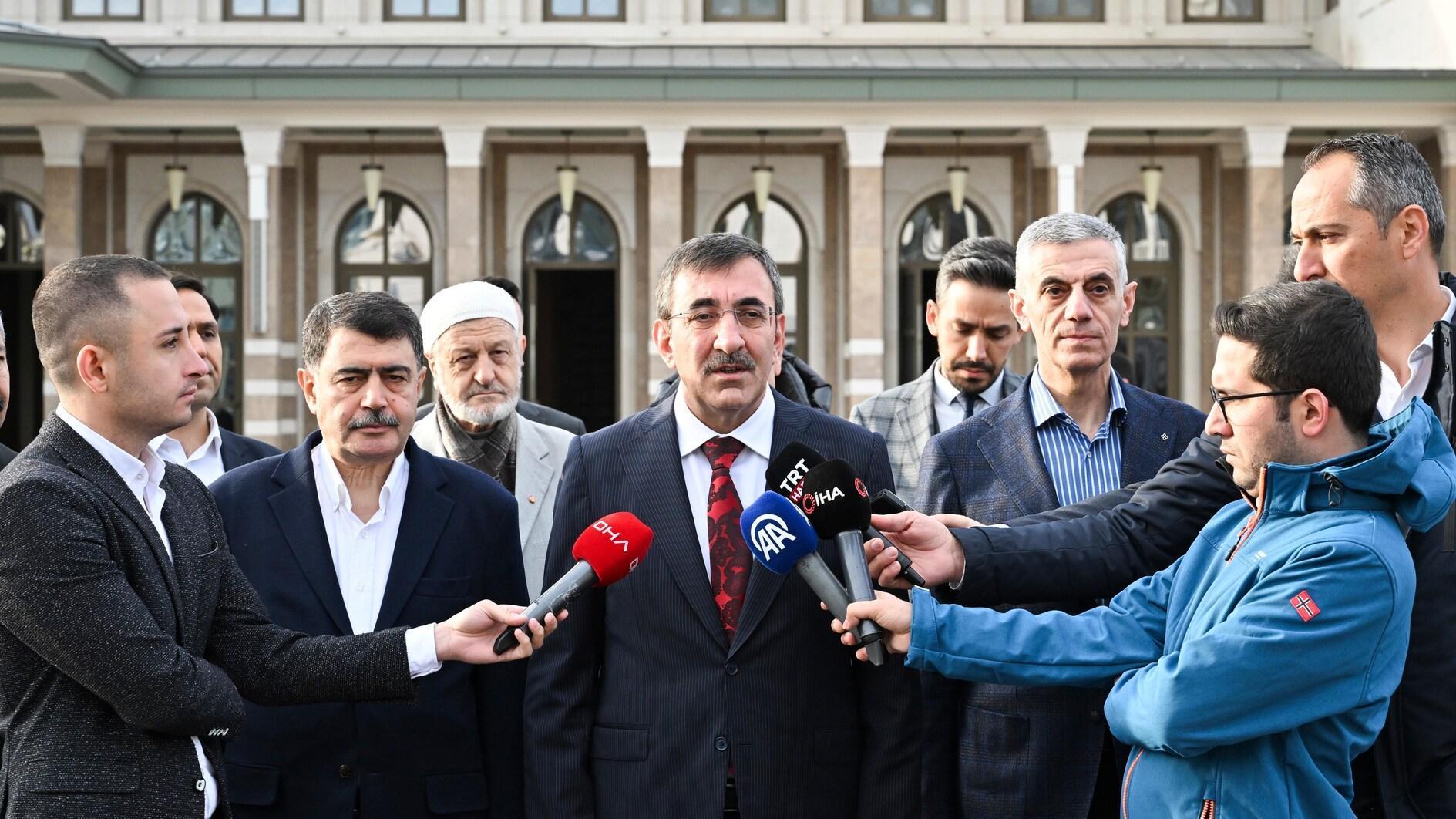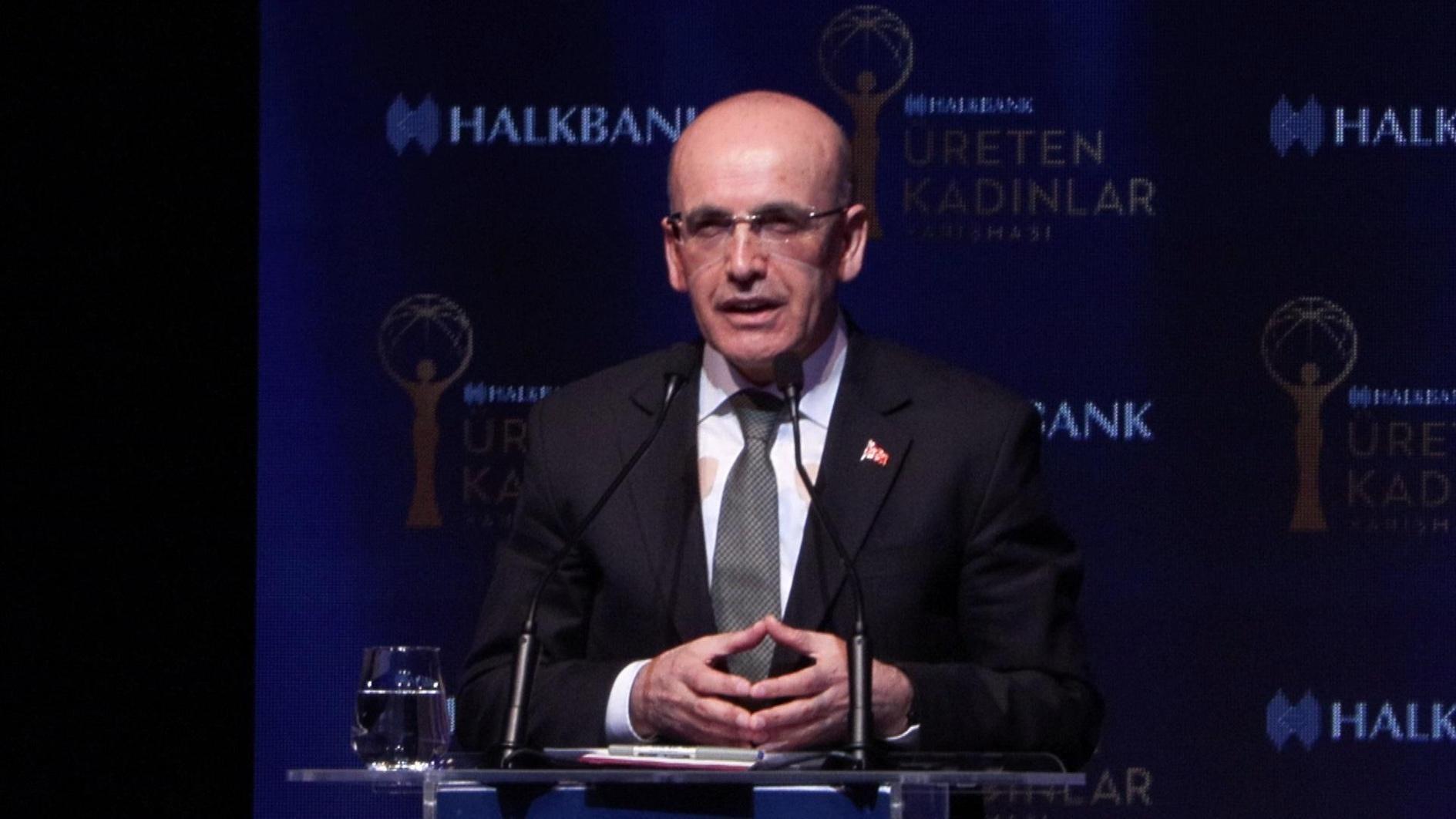Let’s tax the panic spreading in the eurozone
DAVID JUDSON
Imagine for the sake of argument a tax on cars crossing either of Istanbul’s Bosphorus bridges atop the usual cost of the toll. It kicks in when traffic reaches a certain level and falls away when drivers’ enthusiasm wanes.Similar traffic fees do exist; downtown London and Oslo come to mind. So let’s be a bit more imaginative and consider what we could do with this model in the supermarket. No additional fees if there are fewer than two patrons queued at the checkout. But when the line backs up, a half a percent surcharge kicks in on your milk and eggs. To make this more interesting, we’ll run a secondary market in “wait futures.” If you are number 19 in line for a fee you can trade places with number two. Strictly hypothetical.
Now that you’ve got a very rough idea of what I am talking about, imagine a model like this applied to share transactions on stock exchanges, international fund transfers, the buying and selling of currencies, maybe on commodities like oil and gold.
In crude outline, this would be the “Panic Tax.” It’s an obscure idea, first proposed last year by economist Neil McCulloch at Britain’s Institute of Development Studies. But I stumbled across it bobbing in the sea of debate now ensuing over the better known idea of a “Tobin tax,” a remedy most recently suggested by billionaire Bill Gates for the crisis sweeping the eurozone McCulloch’s twist on the older idea is worth a look.
The original notion of a tax to slow the volatility of financial markets and generate a progressive international fund for good deeds, dates to the early 1970s when it was proposed by James Tobin. The idea resurfaced during the East Asia Crisis of the late 1990s, again during America’s subprime mortgage-generated recession and most recently in the waves of speculation that have ensued amid risks of default in Europe by Greece, Spain, Portugal and now Italy.
The idea has quite a few backers, ranging from French President Nicholas Sarkozy to financier George Soros to the Archbishop of Canterbury. Now joined by Gates, their argument is that it would slow the speculative betting so evidenced in the case of embattled Greece, which has seen the cost of capital skyrocket to compound the pain of austerity.
Others, ranging from German Chancellor Angela Merkel to Indian Prime Minister Monmohan Singh, argue just the opposite: that sand in the gears of global finance would just force them to a halt.
So how about we split the difference, taxing panic rather than trade. In place of Tobin’s fixed levy, McCulloch’s panic tax would hit transactions at a variable rate proportional to the changes in aggregate levels of trade. It would discourage entry during booms and punish exit during panics.
Sure, this will need some refinement. Sure, the appeals to Russia and China to top up the European Financial Stability Fund (EFSF) may buy us some time. But we are now running out of prime ministers to replace with technocrats. Public outrage is growing and spreading. A bit of institutional innovation is overdue.
Let’s not tamper with the system when it is working. But let’s do something when clearly it is failing. Let’s replace panic with a “panic tax.”










